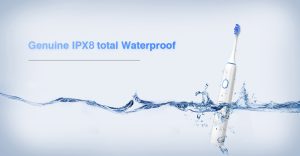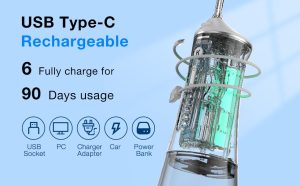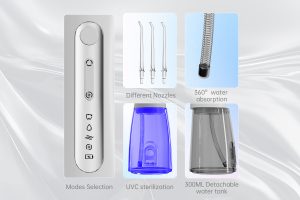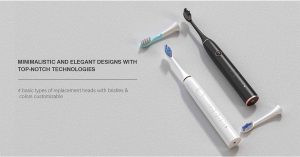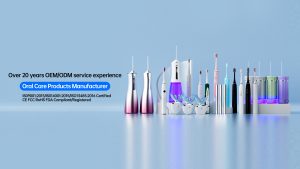When it comes to industrial or consumer-grade appliances, the water pump is a critical yet often overlooked component. Its functionality spans across various domains, from oral care devices like oral irrigators to heavy-duty industrial machinery. In this blog, we will delve deep into the knowledge of the water pump, covering six essential aspects to enhance your understanding.https://www.powsmart.com/
What Is a Water Pump?
At its core, a water pump is a mechanical device that moves water from one point to another. In devices like an oral irrigator water pump, its role is to ensure a consistent, pressurized flow of water for optimal functionality.
Water pumps come in different types, such as centrifugal pumps, diaphragm pumps, and peristaltic pumps.
Key Components of a Water Pump
A typical water pump consists of the following essential parts:
Impeller: Responsible for creating the flow by spinning and moving the water.
Motor: Powers the pump to operate.
Seal or Gasket: Prevents leaks and ensures airtight operation.
Inlet and Outlet: Entry and exit points for the water. In high-precision devices like oral irrigators, the oral irrigator water pump use with advanced materials and compact components to ensure reliability and durability.
Applications of Water Pumps
The applications of water pumps are vast and diverse.
Household Uses: Supplying water to homes, enhancing water pressure, and garden irrigation.
Medical and Dental Equipment: In oral irrigators, the water pump ensures a steady and precise flow of water to clean teeth and gums effectively.
Industrial Machinery: Transporting large volumes of water in manufacturing and energy production. Understanding the right pump for the right job is essential, whether you’re selecting a pump for a large-scale operation or a compact dental device.
How to Choose the Right Water Pump
Selecting the right water pump depends on several factors:
Flow Rate: The volume of water the pump can move per minute or hour.
Pressure Requirements: Essential for applications like oral irrigators, where consistent pressure is needed.
Energy Efficiency: Especially important for long-term operational costs.
Material Durability: Pumps used in corrosive environments need to be made of durable, non-reactive materials. For high-performance oral care devices, manufacturers rely on specialized oral irrigator water pumps engineered for precision and reliability.
Maintenance Tips for Water Pumps
Proper maintenance ensures the longevity and optimal performance of water pumps. Here are some tips:
Regular Cleaning: Prevent blockages by clearing debris and mineral deposits.
Lubrication: Ensure moving parts are adequately lubricated to reduce wear.
Inspect Seals: Check for leaks and replace worn-out gaskets.
Monitor Performance: Unusual noises or reduced flow could indicate issues that need prompt attention. For compact devices like oral irrigators, ensure you follow the manufacturer’s cleaning and maintenance guidelines to prolong the lifespan of the oral irrigator water pump.

The Future of Water Pump Technology
With advancements in technology, water pumps are becoming smarter and more efficient. Innovations include:
IoT-Enabled Pumps: Allowing remote monitoring and control.
Energy-Saving Designs: Reducing environmental impact.
Compact Precision Pumps: Essential for medical and dental applications, including oral irrigators. By keeping up-to-date with the knowledge of the water pump, you can make informed decisions about implementing the latest technologies in your operations or products.
Conclusion
The water pump may seem like a simple component, but its impact is profound across various industries and applications. From the robust systems in factories to the delicate precision required for oral care, water pumps are indispensable. By understanding the knowledge of the water pump, you can appreciate its value and ensure optimal usage in your specific application. Don’t hesitate to contact Powsmart if you want to know more about the private label service of water flosser.
